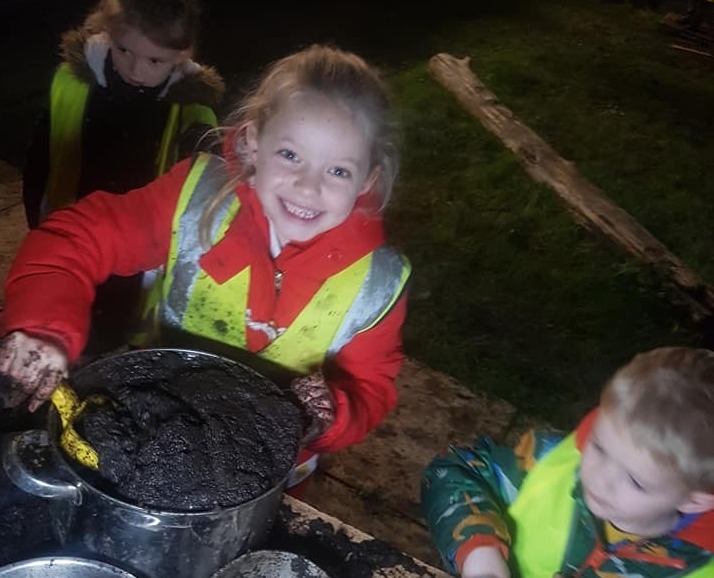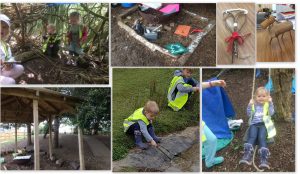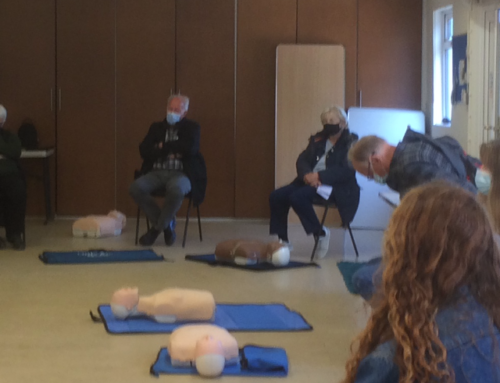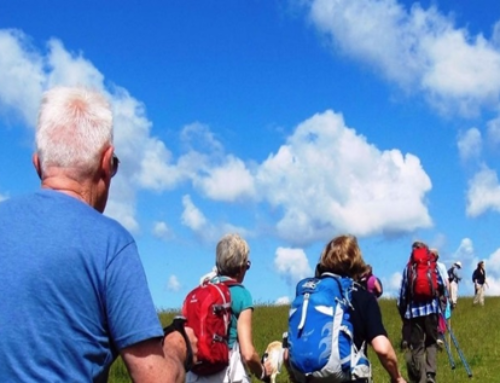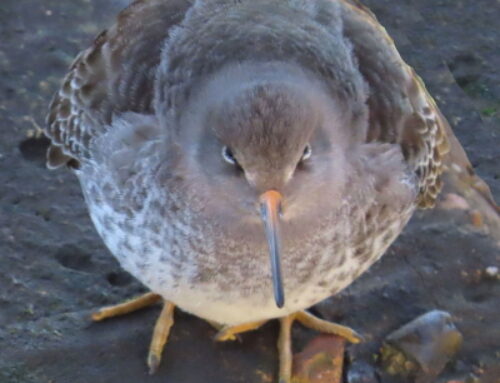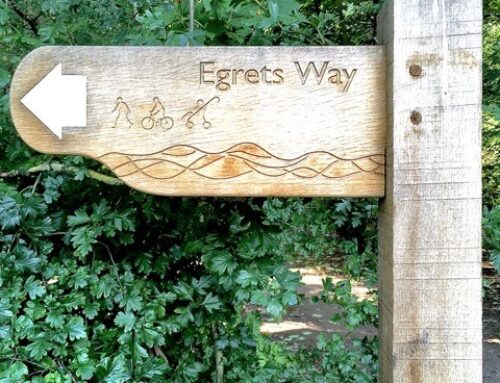“Mud’s really good for you – just don’t eat it.. but worms can!.” Recent quote from a child at Nippers
Nippers forest school
We asked Pam from Nippers to tell us a bit more about this local Forest school.
NIPPERS is an out of school provision, and we work with children from 3-17 years, after school and during school holidays 50 weeks of the year.
We were established in 1973 and I have been volunteering with them since 1978 developing it from a 2 week Newhaven Play Project to a full out of school provision. For the last 27 years, we have been based at Shakespeare Hall and carried out activities on Castle Hill and the beach. We have carried out clearing of pathways around Shakespeare hall, played out in the woods – den building, discovering flora and fauna and making rope swings.
Recent circumstances have forced us to change venue and since December we have been based at East Side Social Centre. Moving to East Side has given us a garden space, which we will make into a mud kitchen and growing area. We just planted some potatoes.
All our work is embedded in the six Forest School principles and currently I am the level 3 Forest School leader and I am training an addition three workers to take their level 3 qualification. We still play out on the beach at Tidemills and in the wooded areas surrounding East Side park and are on the waiting list for an allotment. Once the soil has had a chance to dry out, we will be able to work out what we else we need for the garden and activities, and can let people know how they can get their children involved.
At Nippers parents have commented how their children are sleeping better after they have been playing outside all day. The children clearly enjoy it, but what other benefits are there?
Benefits to children of being outdoors
Currently, children and young people spend less time outdoors than those adults in prison. Tim Gill, a play specialist, states that ‘this is the first generation of children that have been raised in captivity.’ This is often due to media ‘hype’ that the world is a dangerous place out there. This has led to increased anxiety and depression, an increase in hyperactivity and low esteem and self-worth in children and young people.
By being less physically active, children and young people are at the risk of obesity, poor health and contracting diseases in later life. They have difficulty concentrating in school and are often disruptive, exhibiting unwanted behaviour.
By enabling children and young people to take part in outdoor activities, be it Forest School, Curriculum Linked Outdoor Learning or Environmental Education, their mental health improves and their social skills develop. They develop socially, physically, intellectually, creatively, emotionally, linguistically and spiritually.
Increasing physical activity has the potential to maintain a healthy weight and increase bone density, reducing the risk of osteoporosis and heart disease in later life, whilst increasing oxygen levels, from being outdoors, can increase the brain function. There are opportunities for movement and the development of fine and gross motor skills.
By spending time outdoors in green spaces, the levels of Cortisol (a stress chemical) in the brain are reduced, leading to a calming effect. The reduction of Cortisol increases receptivity for building neurological pathways in the brain. Children and young people demonstrate better moods, decreasing hyperactivity and symptoms relating to anxiety and depression.
By being outdoors, children and young people’s cognitive health improves. It creates opportunities for making decisions and problem solving; it increases creative thinking, sharing, co-operation and helping them exhibit higher levels of sequencing, planning, organising and gives more opportunity for imagination and engagement. Children and young people have an increased sense of empathy, increased self-esteem and emotional intelligence. They develop social interaction, higher levels of sharing, co-operation and helping.
It also increases communication, team building and language skills, decreasing ‘solitary play’. It allows children and young people to learn about risk taking and how to risk assess. Those exposed to acceptable levels of risk at a young age are less likely to make bad judgements in the future. By being outdoors, their behaviour often improves due to the calming effect of being and enjoying the outside space.
Pamela Perry
(Nippers hon. Chairperson of the management committee, hon. Manager and hon. Forest School Leader.)



